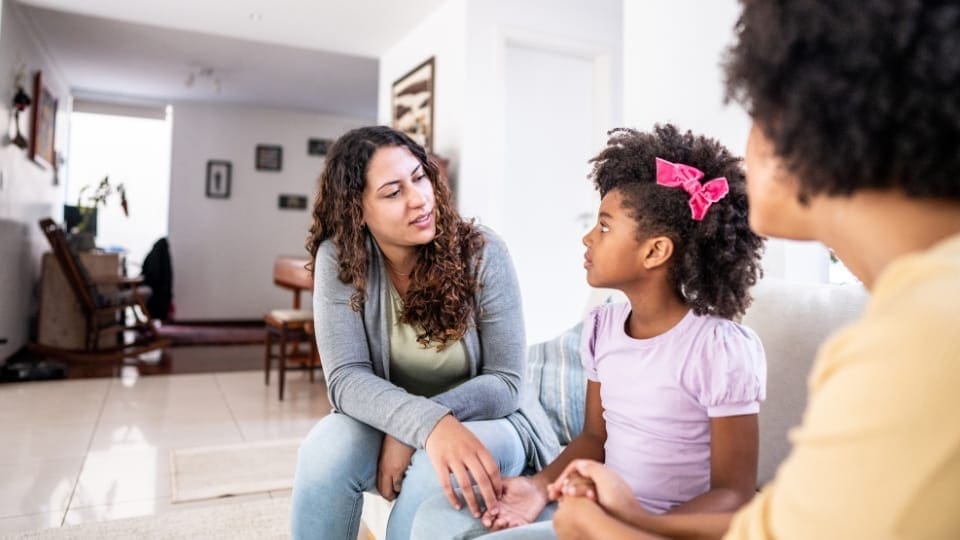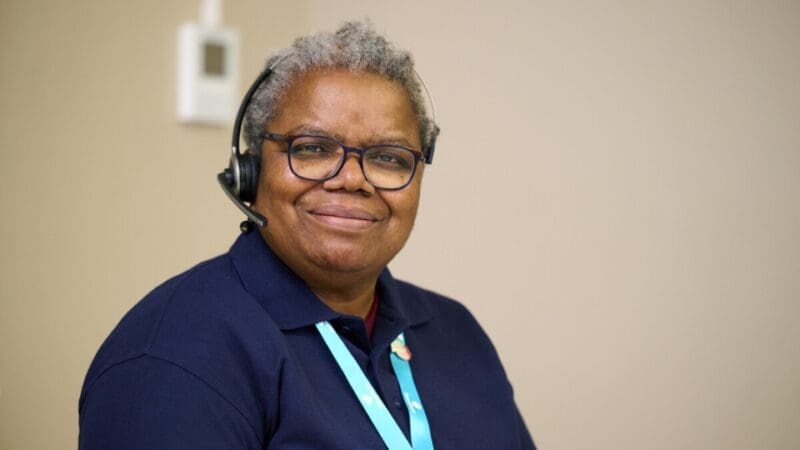
Books about dementia
Whether fiction or non-fiction, reading can be a great way to increase understanding about dementia, as well as providing a useful activity for people with dementia to help stimulate and maintain connections

Twelve-year-old Scarlett Buckling loves a detective story, but when her beloved Gran goes missing in the night, she faces a real-life case like no other.
Gran’s confused, frightened and desperate to find something important – her missing pictures. With the help of brainy best friend Bournemouth, Scarlett launches an investigation. But Gran’s memory is fading, Mum’s useless boyfriend James is acting suspiciously and the clues don’t add up. As the kids dig deeper, they uncover a shocking truth – there’s more to Gran’s pictures than it seems and finding them might be the key to helping her feel safe again. But can Scarlett and Bournemouth solve the case before it’s too late?
For 8-11 year olds, the story centres around a girl whose Grandad has Alzheimer’s disease, his fractured memories of his time as a refugee from Hungary and a clockwork train with magical property.
Raja has worked as a consultant in old age psychiatry since 2012 and has a particular interest in the care of younger adults with dementia. He has written a book which tells the story of eight-year-old Sachin’s experience as his mathematical genius of a father fights dementia. Sachin narrates through play, puzzles and poems a poignant yet powerful and positive life of his Appa.
This is a children’s book for children with a parent with young onset dementia. Jack is 13 years old. He lives with his daddy, mummy, sister Amy and dog Sam. Jack’s daddy has dementia.
Big Bear is living with dementia and can no longer always do the things that Big Bears do. Little Bear feels confused by this and approaches Doctor Bear for support. Little Bear learns that our loves, laughs and memories are stored inside memory books, which are affected by dementia. Little Bear discovers that although Big Bear can no longer read the memory books, the loves, laughs and memories they share are stored safely inside Big Bears heart- Big Bear is still Big Bear! The characters in this book aim to be inclusive hence the bears do not identify with any particular age, gender, race, religion or culture.
A kid’s guide to dementia’ was written by 17-year-old author Tegan Harris when she discovered that there was very little information out there for young people when researching for a school project. Working in collaboration with charity ADS, it is hoped that the book will raise awareness at the same time as raising funds to support those affected by dementia.
Lenny the lion loves his grandpa, King Lion. But when King Lion starts to forget things, Lenny begins to worry. He can’t understand why grandpa keeps getting muddled and doesn’t want to play anymore. Lenny doesn’t know what to do, but with a little help from grandpa’s old friends, perhaps he can find a way to help him remember… Whilst not specifically about young onset dementia, this book is beautifully illustrated and is written in a way that helps to explain dementia to younger children.
The story is about a little elephant called Ellie who is going to visit her grandparents. She is concerned that the last time she saw her grandpa, he could not remember her. Her mum gently explains why he is forgetting things and after hearing her explanation, Ellie writes a poem and finds ways to help her grandpa to remember her. This book is not written about young onset dementia but is sensitively written and it helps to explain dementia to younger children.
Explains the complex concepts of dementia, such as brain function, disease progression and death to pre-school aged children in a direct and age-appropriate way, as well as exploring children’s feelings about these issues. This book caters for children aged four+ who have a loved one at any stage of dementia.
A sensitive introduction to old-age confusion and dementia, through the loving and imaginative relationship between granny and her grandchild – and their colourful journeys.
Brie, Fred, Sarah, and Sam tell you what it’s really like to care for a relative who has dementia. Funny, moving and honest, their illustrated diary entries will completely alter your understanding of dementia. The book also contains practical tips and activities for young people who have a relative with the condition.
Nanny is going through changes and is having trouble remembering things. Her grandchildren are learning to be caring and supportive at this challenging time. The author’s mum first showed signs of dementia in her 60s and wrote this book for her children, to help explain dementia to them.
Perfect for teachers, parents and children alike, this picture book raises awareness of dementia and teaches children how to be supportive of people living with dementia. This book is aimed at children between four to ten years old
What are Lewy bodies? is aimed at children aged five to eleven. It explains Lewy body dementia in a fun and accessible way, to help the younger generation understand this common but little-known type of dementia.
Aimed at children aged four and above, Phyllis and Grace is a gentle introduction of dementia to young children told through the beautiful friendship of Phyllis and Grace – Grace, a little girl and Phyllis, the old lady next door beginning to suffer from dementia. The story is full of empathy and humour, and ideal for prompting discussion with kids.
Our free, confidential Dementia Helpline is staffed by our dementia specialist Admiral Nurses who provide information, advice and support with any aspect of dementia.

Whether fiction or non-fiction, reading can be a great way to increase understanding about dementia, as well as providing a useful activity for people with dementia to help stimulate and maintain connections

Dementia has an impact on the whole family, including children. Children may see changes occurring in their relative and not understand what is happening, or feel able to talk about it.

Whether you have a question that needs an immediate answer or need emotional support when life feels overwhelming, these are the ways our dementia specialist Admiral Nurses can support you.